WILD WEST
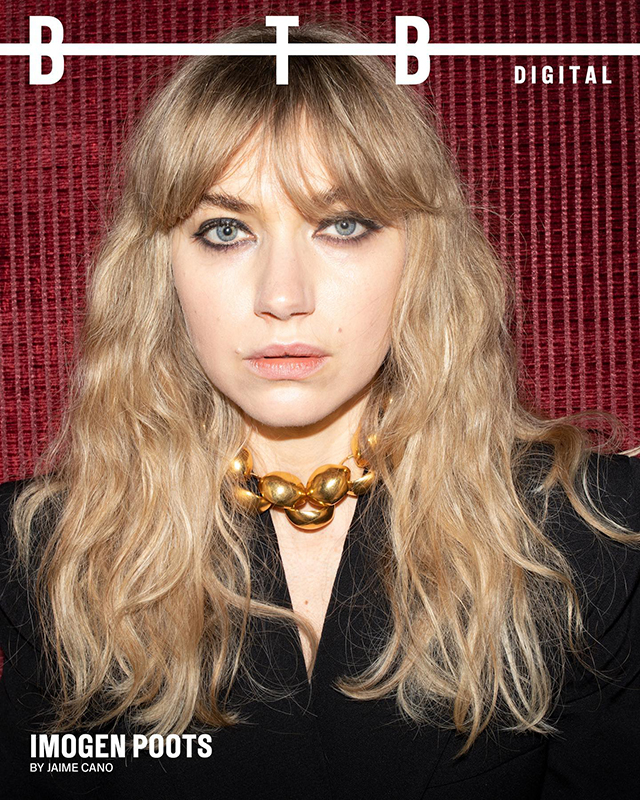
There’s no denying that Imogen Poots is prolific. The 32-year-old actress has starred in over 40 films since her breakout role at 17. Perennially busy and cheerfully versatile, she’s gone from playing teenage survivor Tammy in 2007 post-apocalyptic horror 28 Weeks Later to a primary school teacher forced to raise a creepy child in suburban hell for 2019 sci-fi thriller Vivarium. But her latest project might just be her most mysterious yet. In Outer Range (out now on Prime) she plays Autumn, a curious backpacker who shows up on a ranch one day around the same time that a strange void appears. The western sci-fi thriller asks big questions about time, philosophy and the unknown. Mysteries unravel but some questions are left unanswered. It was this complexity that drew Poots to the role. Here, she discusses playing unpredictable female characters, being a woman in Hollywood and taking risks.
Outer Range is a twisty mysterious sci-fi western in which you play eccentric backpacker Autumn. What initially drew you to the project? How did you feel when you first read the script?
I couldn’t immediately understand it. When the script came in, we only had the synopsis and the first episode. Reading it through, it felt like a western and I’d always been really obsessed with that genre of literature and movies but had yet to get a chance to be in that world. At the beginning, it was such a huge leap of faith, but I trusted in it.
When you read the script, you said you weren’t sure whether your character Autumn is a good or bad person. Was it that complexity that drew you to the role?
There was a lot of room to go either way with her. It was fun to lean into the fact that I didn’t know. There were days where her goals were more obvious and other times, she seems to obfuscate on purpose just to confuse people. I really enjoyed that about her. I was also aware that because of her container being a 30-something blonde actress there would be an energy that’s expected from her, and it was fun trying to subvert that.
What kind of energy would be expected from her?
That her main goal would be to be like a siren and manipulate every single person there and use her feminine wiles to get what she wants. She is a woman, and the writers deliberately made her a woman, but I was more interested in thinking about what it would be like if she wasn’t. What if she was a beast or a creature or something other. It was nice to try and lean away from cliches.
Do you try to avoid playing tropey or cliche female characters?
Yeah, of course. Obviously, no one would want to play those parts but, on the other hand, I also feel that there’s a rhetoric that goes around about girlfriend parts that they only exist in order to further the story for the man, and I think that’s quite harsh. There are so many incredible female performances where they haven’t been the lead. Amy Ryan in Jack Goes Boating or Michelle Williams in Brokeback Mountain. There are so many women in these roles who are doing extraordinary work. I believe that every role is a real person. I think people are starting to change a little bit. You don’t see those character descriptions as much in scripts anymore where it’s like “she’s hot, but she doesn’t know it!”
How did you prepare for the role? What research did you do to get into the role of Autumn?
We were given a breakdown of books and music and movies. Autumn is a character at that age where you first come across writers that you love, and you almost lose all sense of who you are and what you actually think. You just adopt their modes of thinking. I think she’s still in that danger zone.
Autumn can be quite reckless and impulsive. Do you relate to that?
I became quite impulsive when I was playing her and I didn’t realise it at the time. It doesn’t normally happen to me, but I did notice by the end of the show I felt like I was pushing myself outside my comfort zone socially in terms of saying what I actually felt and thought. I think that came from an understanding that I wanted to shed a skin. What follows impulse is sometimes risk and it’s unknown how that will land. I lived in comfortable discomfort for a bit. I finished the job and came back home and it felt nice to be grounded again but I actually found it quite hard at the end of the job to adapt back. I haven’t had that before.
You’ve starred in over 40 films of such a wide range of genres. Did you make a conscious decision to not be pigeonholed?
It’s so easy with hindsight to say that I did make that decision but absolutely not. I really love what I do and it’s important to try and not care too much about what other people think about that. Early on I was just really drawn to working with actors because I didn’t train and I didn’t go to college so I would jump at the chance to work with people. That’s what led me through. Then in my mid-20s I decided to step back and take more risks and just do roles that came my way with an unknown first time director, for example, and lean into that more. I knew what I didn’t want to do and I still feel the same about that. I think it’s very easy to fall into a different kind of career just because it’s really hard to know. Anyone who claims that they had some kind of grand control of it all is probably very lucky. I don’t know how often that works out.
You mentioned that you didn’t have any acting training. When did you realise that acting was something you wanted to pursue?
There was no light bulb moment. I always felt quite shy as a kid and very happy in my own head. I did this theatre group when I was a teenager. It was based in Hammersmith every weekend and I really felt at home there. There was a looseness to the whole thing that was really intriguing. You couldn’t embarrass yourself. It seemed limitless in that way. I thought that was really cool. People respected each other for trying stuff even if it didn’t work. I really loved it and I loved the sort of people it attracted. I really love being around actors. I worked on a couple of indie films and probably got spoilt because they were in New York, so I thought it was a great job. Then from there it carried on.
You have spoken before about being a woman in Hollywood in the context of Me Too. Do you think the industry has improved in recent years and what do you think still needs to be done?
I think that on paper it has. I’ve noticed that myself when it’s a sex scene or a nude scene and there’s an intimacy coordinator if you want one. I’ve been spoilt with working with incredible actors where I’ve never felt uncomfortable with them. It’s quite the opposite, but that’s not the case for a lot of people. I think having that is huge. I think people are far more vigilant. We’re also seeing a change in the wider picture. There are more female directors. Ten years ago, there weren’t very many at all. You could probably count the main ones or the new ones on one hand. It’s really exciting. The types of movies that Mia Hansen-Love and Celine Sciamma are making are really cool. People want to embrace women’s stories and women’s perspectives on a story more than ever. What I still find interesting is there’s this insidious mentality that I have experienced myself as a young actress where your brain vacillates back and forth between being present for a meeting and protective of yourself. There are all these different acrobatics that are going on inside that I don’t imagine a male actor would go through to the same extent at that point.
You didn’t have a public Instagram account until 2020. Why did you avoid it? What is your relationship with social media like now?
I avoided it before because I look back on my feelings about being an actor in my 20s and I wanted to be very private and unknowable. Then as I’ve got older, I realised you can actually control more with social media than without it in terms of the accuracy of what you want to say and what you believe in. That’s something I didn’t realise until I had it. The world’s changed a lot. When I was 19 Instagram wasn’t around. I think Facebook was, but I never had it. Social media isn’t just influencers talking about lipstick. There’s a lot more going on and it’s really important. If I think about friends of mine who are artists, it’s so amazing that they can put their work on there and have an electronic exhibition. It’s brilliant.
You live in London now but are hoping to buy an apartment in New York. What do you like about New York as opposed to London and vice versa?
I feel my most formative years were spent in New York. I came out here at 19 and ended up shifting back to London around 29. We had a house in London and we’re getting an apartment here. It feels like home here in a different way to London. Obviously, I grew up in London and went to school there and everything, but I associate New York more with my independent life. It just so happened that some of my first few jobs were out here and I ended up meeting friends out here and I stayed. I think both cities are incredible places to be as an artist if you can afford it. There is a real appetite for what you want to say. It’s really cool to be able to live in those cities. Not having that freedom must be absolutely horrible.







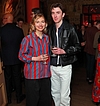
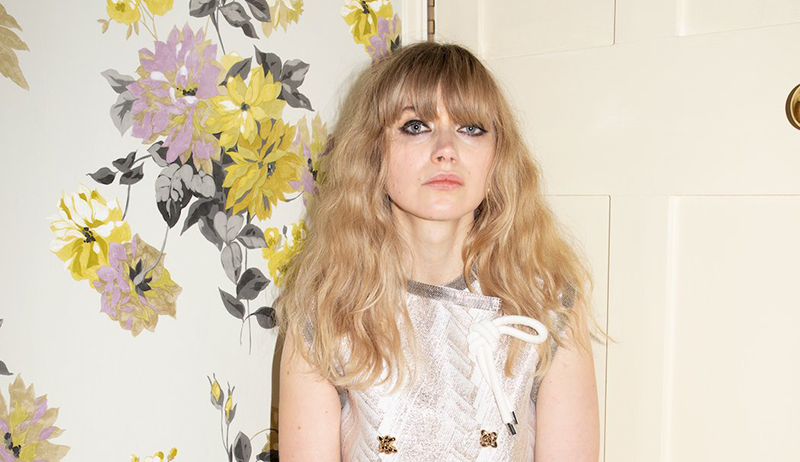
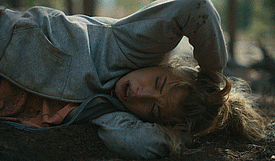
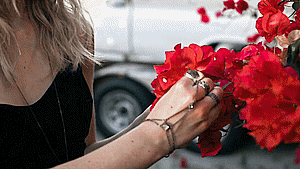




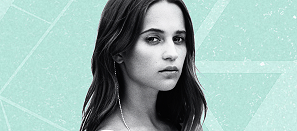






Recent Comments